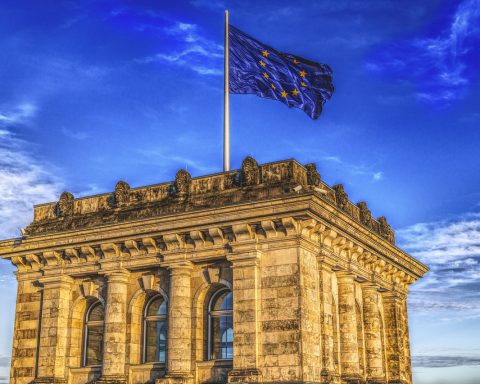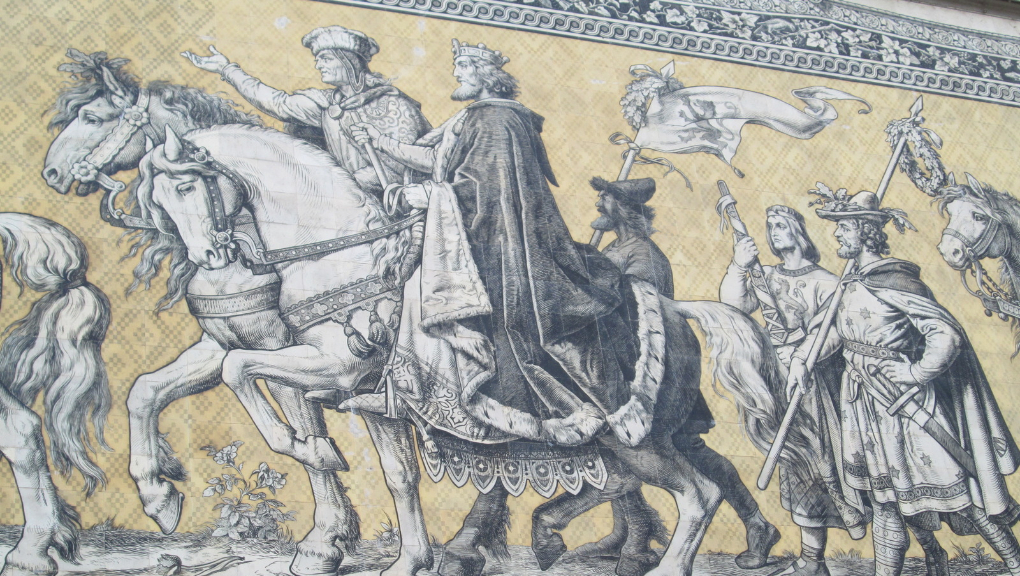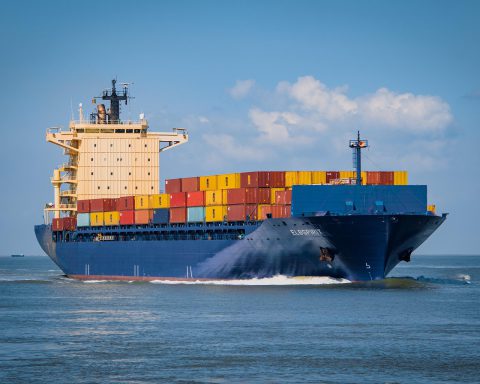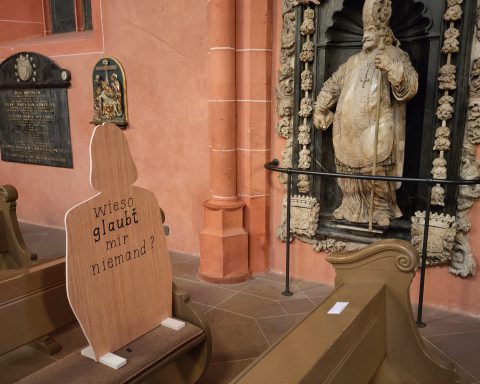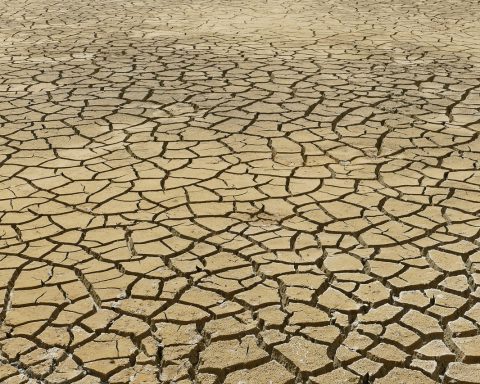According to the current voting trends for the Bundestag, or federal parliament, there are two possible ruling coalitions: a big coalition or große Koalition (“GroKo,” for short); or a “Jamaica” coalition as the alternative.
The first one is the current ruling coalition, composed by the CDU (the Christian Democrats) and the SPD (the Social Democrats). It gets its name because they are Germany’s biggest parties by percentage of national support.
The CDU, the FDP (the liberal party), and Grüne (Greens) compose the second possible coalition. It gets the name of “Jamaica” from the colors of the three parties – black, yellow, and green, respectively. (Really.)
I would argue that the Jamaica coalition is the best option for German politics and for the current junior coalition partner, the SPD. More on this later.
First, why are “GroKo” and “Jamaica” the only possibilities?
Unless a political or economic earthquake occurs in Germany, its citizens will reelect Chancellor Angela Merkel (CDU) this 24 September. According to the latest polls, her lead is strong over the runner up Martin Schulz (SPD). Hence, the real race in this election is not for the chancellery, but for a seat at the coalition table.
Merkel’s CDU will not have enough votes to win an outright majority needed to form a government, which makes a coalition between parties necessary.
The “big” and “Jamaica” coalitions are the only two options because Schulz and the SPD have lost considerable strength as a replacement for Merkel and the CDU to head government. And also because few or no parties will make political alliances with the far left and far right parties (Die Linke and the AfD, respectively).
When Schulz resigned the presidency of the European Parliament early this year to head the SPD in the upcoming German federal election, the SPD’s popularity among voters soared. However, this was a political “honeymoon” period rather than a sustainable base of support.

The latter became apparent in May’s regional election in the western state of North Rhine-Westphalia, where the SPD was the governing party along with the Greens. The state had been a longtime SPD stronghold. So the CDU overcoming the SPD in said election signaled the end of Schulz’s political honeymoon.
Without a strong showing at the polls, the SPD’s chances of forming a ruling coalition outside of the GroKo are very unlikely.
The other possible coalition parties for the SPD (the Greens and Die Linke) will not get enough votes to form a majority bloc in parliament. Coalition members have to be ideologically compatible; and in this regard, the AfD, the far right party coming into the Bundestag for the first time, makes things problematic. No party wants to form a coalition with them, and thus they make about one tenth of the seats “unavailable.”
Also, the CDU will not join in a coalition with Die Linke, the far left party. The CDU will certainly join with the FDP, as they did for the 2009-13 term, but it is not certain if they will have a majority of the seats after 24 September.
So in my opinion, all things considered, Jamaica is good for German politics and it is good for the SPD.

The essence of politics, or democratic politics to be specific, is contesting policy. Democracy is a slow and messy process because politicians have to argue and contest over details and get broad support from other elected officials and the people to get things done.
Dictatorships get things done quickly because they do not have to contest policies, but along with contestation, they take human rights and social equity away.
Covering about three quarters of seats in parliament, the GroKo would hinder contestation to a certain extent. To maintain stability in government, room for maneuver by the junior party of this big coalition – i.e. the SPD – would be very limited. Being in the GroKo has certainly hurt the SPD politically. They have lost their political essence as representatives of the German working class.
The SPD is a major political party. Its electoral base expects the party to accomplish many goals. This is something that a party like the SPD cannot do while being junior members of the GroKo.
Meanwhile, a smaller party like the Greens can reap political benefits by being a junior party in a ruling coalition.
If the Greens get a couple of major environmental laws passed during the congressional term, they have a lot to show to its base; they can even gain voters. This is not the SPD’s position. A few pro-worker laws will not suffice.
This is why the SPD would be better off, and so would German politics, as leaders of the opposition and not as the junior members of the ruling coalition. They will be in a position to contest policies in parliament – making German democracy the messy system that keeps the ruling class in check and in service of its citizens.

